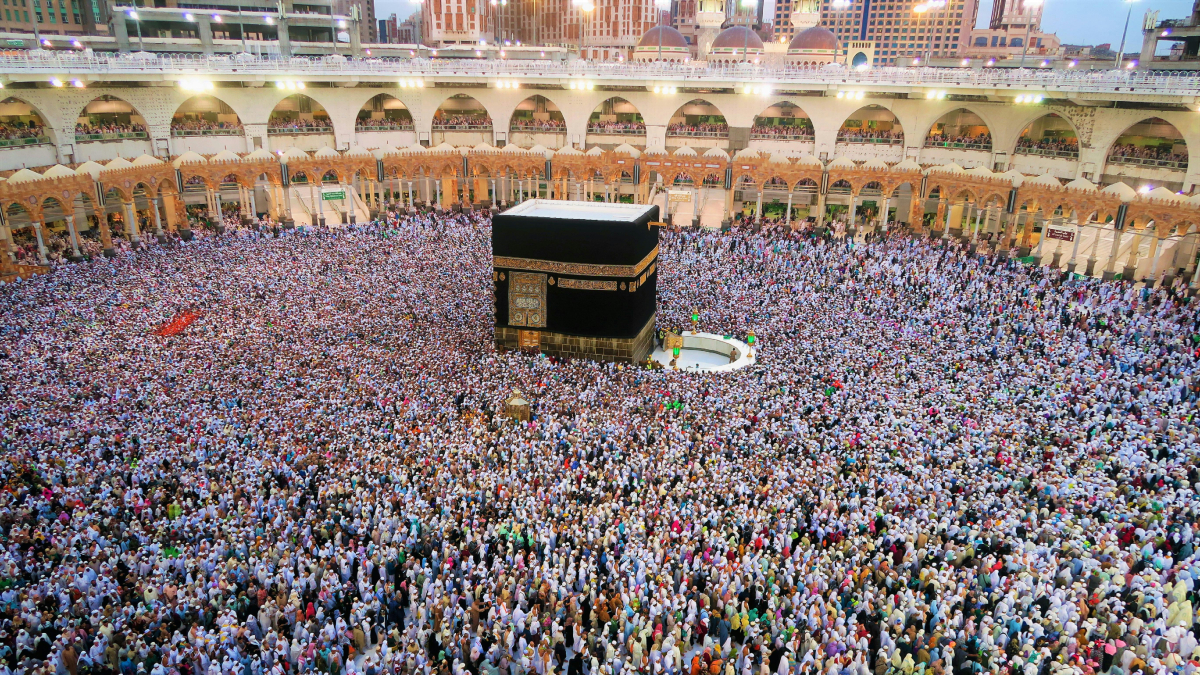Hundreds of pilgrims have died during the annual haj pilgrimage to Mecca, with extreme heat playing a significant role in the fatalities, according to reports from press agencies and foreign ministries.
Diplomats told Agence France Presse (AFP) on Tuesday that at least 550 people have died during this year’s pilgrimage. Of these, 323 were Egyptians, with most succumbing to heat-related illnesses, AFP reported, citing two Arab diplomats. Reuters was not immediately able to verify these figures.
The pilgrimage, which started on Friday, has been marred by extreme temperatures. Saudi state television reported that temperatures soared to as high as 51.8 degrees Celsius (125.2 Fahrenheit) in the shade at the Grand Mosque in Mecca on Monday.
“Many of the deaths were due to extreme heat,” family members stated on social media, as they continued to search for missing relatives in Saudi hospitals.
The Jordanian foreign ministry reported it had issued 41 burial permits for Jordanian pilgrims on Tuesday and earlier stated that at least six Jordanians had died from heat stroke.
Tunis Afrique Presse reported the deaths of 35 Tunisian citizens during the haj, attributing many of these deaths to the severe heat. Meanwhile, Iranian state news outlet IRINN reported that 11 Iranians had died and 24 were hospitalized, without specifying the causes of death.
In Senegal, three citizens died during the pilgrimage, as reported by Agence de Presse Sénégalaise on Monday. Additionally, the Indonesian health ministry disclosed that 144 Indonesian pilgrims had died, although the data did not specify whether any deaths were heat-related.
“Haj is a difficult task, so you have to exert efforts and perform the rituals even in the conditions of heat and crowding,” an Egyptian pilgrim told Reuters on Sunday.
A Saudi health official, speaking to Reuters on Monday before many of the death reports emerged, mentioned that authorities had not observed any unusual fatalities among the pilgrims, despite the extreme temperatures. He noted that the ministry had treated over 2,700 pilgrims for heat-related illnesses.
The haj, an annual pilgrimage required once in a lifetime for all able-bodied Muslims who can afford it, attracts millions of participants from around the world. This year’s event, set to conclude on Wednesday, was expected to see over 1.8 million pilgrims, according to the Saudi General Authority for Statistics.
As temperatures continue to rise globally, the risks associated with such large gatherings in arid climates like Saudi Arabia are increasing. A 2024 study by the Journal of Travel and Medicine indicated that rising global temperatures might surpass the strategies currently in place to manage the heat. Another study published in 2019 by Geophysical Research Letters warned that pilgrims performing haj would face “extreme danger” as temperatures continue to rise in the region.
Efforts to mitigate the heat’s effects included Saudi authorities advising pilgrims to use umbrellas and stay hydrated, and to avoid being outdoors during the peak heat hours between 11 a.m. and 3 p.m.






